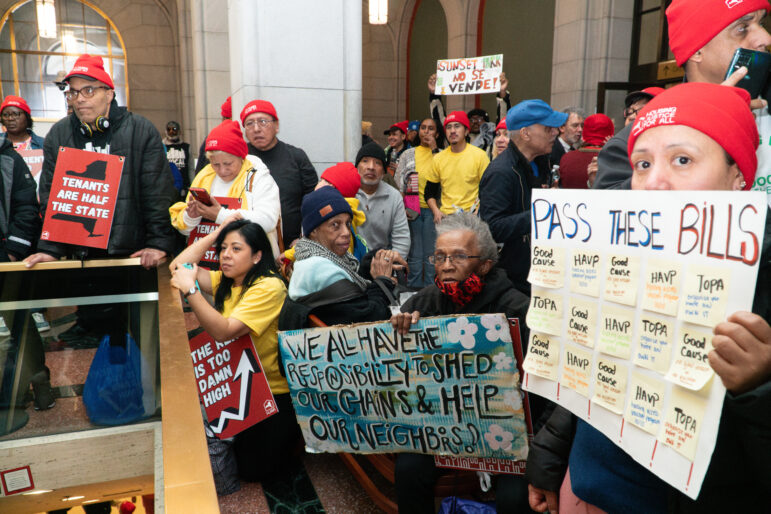For New York’s nannies, good health care is often a luxury. Paid too well to qualify for government insurance, yet too poor to afford private insurance, they do what millions of workers do: Try not to get sick. That could soon change, however, thanks to a new effort to get them insured. And it’s not the city, or the nannies themselves, that will be footing the bill. It’s the families that employ them.
That would be great, says Michelle Cornwall, who’s worked as a New York nanny since immigrating here from Grenada in 1993. Like many nannies, she hasn’t managed to get her immigration paperwork together, and hence is paid under the table. And though she does file taxes, she doesn’t qualify for Medicaid. “I’ve never had health insurance on any of my jobs,” says Cornwall. “You go to the doctor, you pay for it on your own.”
Insurance nonprofit Working Today is hoping to offer nannies like Cornwall a better option. Best known for offering health insurance to freelancers like photographers and filmmakers, Working Today’s plan is simple. The group pools together workers to buy coverage at group rates. Then individual workers shell out the premium, roughly $200 per month. That’s well below what it would cost to buy coverage individually–and it can be upgraded to include family.
But even $200 a month can be steep for private child care providers. “They can’t typically afford to pay all of it,” says Working Today executive director Sara Horowitz. “That’s why we’re reaching out to the parents.” To that end, the group has focused on conducting outreach wherever socially conscious, affluent parents are likely to congregate: progressive private schools, nanny agencies and National Public Radio.
The parents are more receptive than you might expect. Professor Russell Pearce and his wife have relied on nannies since their children, ages 11 and 14, were born. “We had been looking for a number of years for health insurance for our nanny,” says Pearce, a legal ethics professor. Pearce even contemplated classifying his family as a business to take advantage of a state program helping small businesses offer health insurance. When Working Today opened its doors to nannies, Pearce jumped at the chance to participate. “It’s the right thing to do,” says Pearce.
Still, not all parents are so conscientious. And, even if they are, adding $2,400 to their annual child care budget may be untenable. Cornwall, for instance, isn’t sure her employers would be willing to pay, though she’d happily negotiate. “I wouldn’t mind even contributing to it,” she says.
Simply appealing to affluent parents’ good will may be a dicey proposition, according to Erline Browne, a nanny currently looking for work. “There’s a small minority of people who will provide that, a very small minority,” says Browne, who works with Domestic Workers United, an organization of nannies and housekeepers that helped pass City Council legislation last year requiring nanny agencies to inform employers of their legal obligations. They’re also trying to establish a standard wage of $14 an hour for nannies, along with health care. Browne currently buys her own health insurance at a cost of $465 a month. “A lot of people don’t even want to pay on the books. If they don’t want to give you $500 a week for 50 hours, they’re certainly not going to pay medical,” she says.
Filing official paperwork with an insurance agency can also be a bit daunting for parents employing undocumented workers, particularly if the caregivers are paid under the table. Horowitz is quick to emphasize that the insurance program requires neither a green card nor a social security number; employers need only verify that their nanny has worked 20 hours a week for eight weeks, or has made $10,000 in the last six months.
By late November, only a handful had signed up their nannies, though Horowitz stresses that outreach had just begun a few months before. “Many, many parents have the economic means to pay $200 a month,” she says. “We want to start with nannies employed by people who can pay for their health insurance,” she says.
If that seems a bit passive, Working Today has plan B at the ready: outreach to the nannies themselves. The group is working to place ads in media where nannies are likely to see them, like the city’s ethnic papers; the organization also plans to start hitting the playgrounds with fliers this winter. Perhaps most importantly, they’re beginning to talk to local ethnic associations and organizing groups like Domestic Workers United.
That’s got organizers like Browne feeling hopeful. “If you can get medical for freelance journalists,” says Browne, “I don’t see why it cannot be done for domestic workers.”








